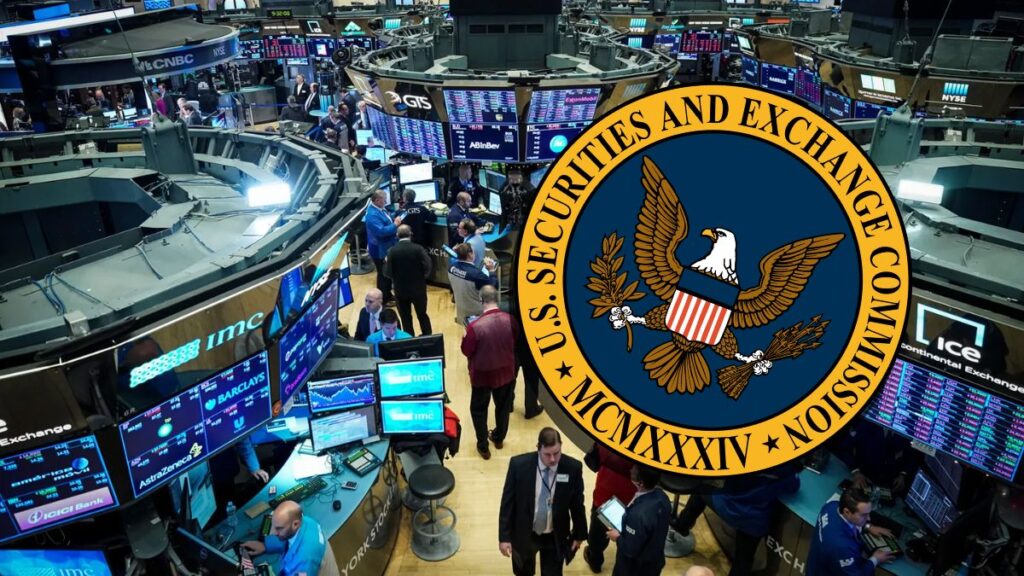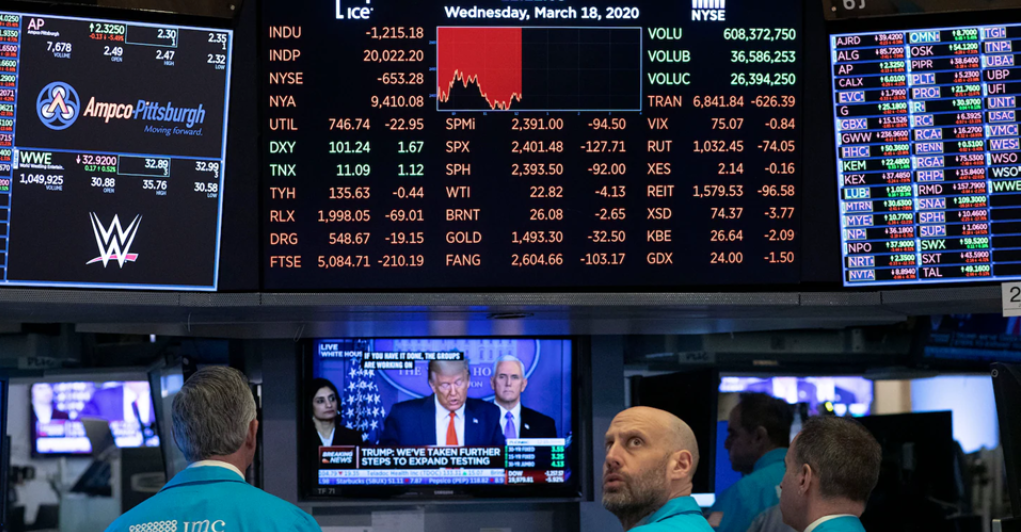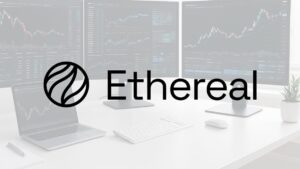TL;DR
- A coalition of exchanges sent a letter to the SEC challenging the exemptions that allow crypto platforms to offer tokenized stocks without traditional obligations.
- Nasdaq, CME Group, and Cboe warn that these products mirror U.S. equities without the disclosure and investor protection standards typically required.
- The SEC is evaluating a digital asset sandbox, while industry voices argue that crypto platforms must meet protections equivalent to those of a traditional exchange.
A coalition of exchanges is pressuring the SEC to curb the use of regulatory exemptions that allow crypto platforms to list tokenized stocks without meeting the obligations of a traditional securities exchange.
The World Federation of Exchanges (WFE) sent a letter dated the 21st, which only became public today, the 27th, warning that these flexibilities give crypto firms a fast track into functions normally reserved for regulated exchanges. The federation includes Nasdaq, CME Group, and Cboe, underscoring the institutional weight behind the request.
Traditional Exchanges Declare War on Crypto Platforms
The WFE argues that tokens replicating U.S. equities are being marketed without the disclosure, oversight, and protection standards required under securities law. It notes that these “stock tokens” can lead investors to believe they enjoy the same safeguards as listed shares, when in practice they operate under much looser frameworks. This misalignment, the letter says, undermines the integrity of U.S. markets and increases the risk of lightly supervised platforms offering products similar to securities without complying with equivalent obligations.
The federation acknowledges that exemptions have a valid role in supporting new structures, but only when a product cannot function without specific temporary flexibility and only when consistent safeguards are maintained. It argues that the growing use of exemptions for tokenized stocks goes beyond that purpose and creates a regulatory imbalance that benefits crypto companies without requiring exchange-level standards.
The SEC Moves Toward a Regulatory Sandbox
In contrast, the SEC is considering the creation of a regulatory sandbox for digital assets, a framework that would allow tokenized stock platforms to operate under time-limited exemptions while the agency develops a permanent rule set. SEC leadership has indicated that it is weighing “innovation exemptions” for next year, which would enable supervised pilots without immediately rewriting the full regulatory framework.
Past attempts matter. Previous efforts to list tokenized equities, including the model linked to Robinhood through a European partner, have already drawn formal scrutiny. Industry voices such as SecondSwap CEO Kanny Lee insist that any framework must require crypto platforms to meet investor protection standards equivalent to those of a traditional exchange to avoid confusion or regulatory arbitrage.
Supporters of tokenization agree that the model could expand access to U.S. equities, but warn that it only works if a fragmented and uneven market structure is avoided












